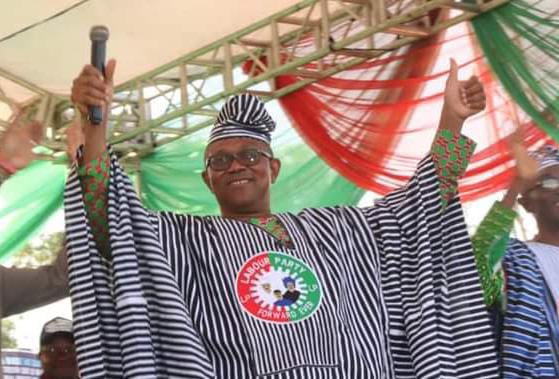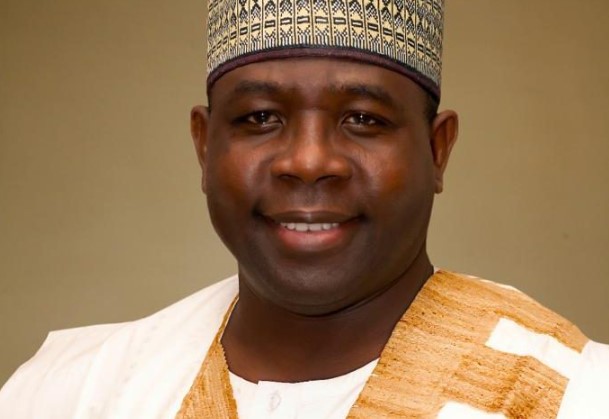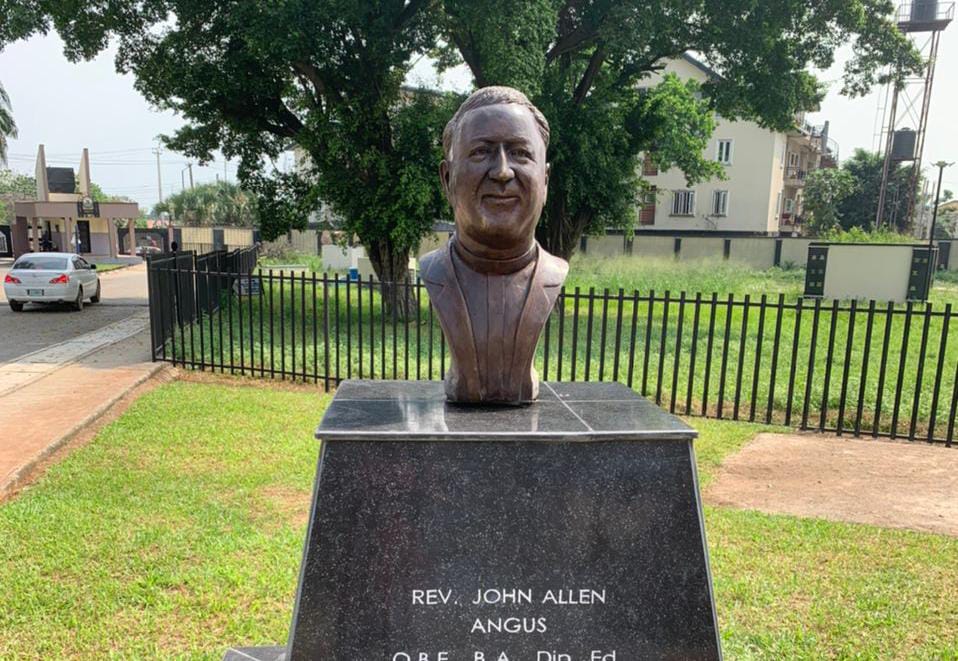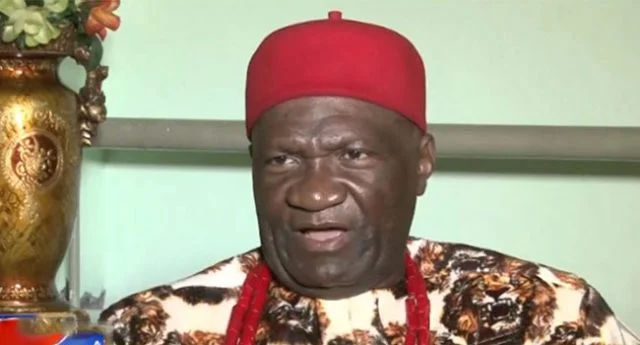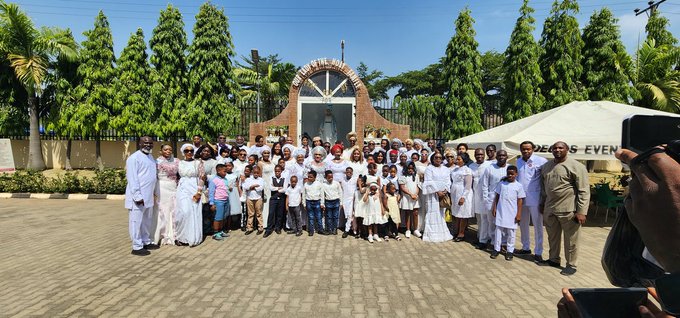BY UGO CHUKWUKA
Ndigbo in Nigeria owe to themselves a sincere and unemotional answer to this question before it is too late: what if Peter Obi does not win the 2023 presidential election? This is precisely the question the governor of Anambra state, Professor Chukwuma Soludo, courageously confronted in his piece which he titled: ‘History Beckons and I will not be Silent (Part 1)’. But rather than sit back and ponder over the strong possibility of Obi not emerging and the attendant implication for Ndigbo, the issue was treated with sentiment driven by media frenzy and attacks.
The emotional outbursts that greeted Soludo’s timely intervention can be summarised as an insinuation that the governor of Anambra state does not want Peter Obi to become president of Nigeria. Such outbursts remain a classic case of ad hominem – insulting and making insults against the person while ignoring the issues put forth.
When people abandon the message to attack the messenger, it becomes dangerously diversionary and this is now a rising political culture that is further alienating Ndigbo from mainstream politics in Nigeria. This was the aim of those who pushed the narrative that Soludo does not want Peter Obi to become president of Nigeria and drove the media razzmatazz to an attempt to drown out the real issues contained in the erudite professor’s well-thought-out treatise and advice to Peter Obi in particular and Ndigbo in general.
Advertisement
Nonetheless, truth is both eternal and sacred. Though Peter Obi has managed to thrust himself forth as one of the four contenders to the office of the president of Nigeria, it is still obvious that he is the one playing catch-up and hasn’t quite reached the level where he and his Labour Party can be rationally evaluated as having developed the capacity already possessed by the ruling APC, and the main opposition PDP.
The capacity in question is what the two behemoth political parties (PDP and APC) gained from their inception and experience in the field since 1998. (Note that APC is as old as PDP because the legacy political blocks that formed the APC are as old as the PDP and like the PDP, APC has held the office of the president, state governors, and LG chairmen. Yes, PDP and APC have produced governors, senators, the senate president, the speaker of the house of representatives/members, state assembly members, and local government chairmen. Labour Party has not).
Sadly, Nigerians keep hearing the Labour Party and its candidate shouting at every turn, “people are the structure”. This claim is not only fallacious but also smacks of deep ignorance of party democracy as well as how political parties function in an election. By their admission, by the time Peter Obi joined the Labour party, the party was adjudged as not being present in up to 10% of Nigeria, particularly in the wards and polling units where voting and initial coalition take place.
Advertisement
Today barely 70 days to the presidential election, Labour Party, though has made some progress and inroads, evidently has not advanced beyond 30% in covering the wards and polling units in Nigeria whereas up to 80% of the grounds needed to be covered effectively by any political party that hopes to produce the president of Nigeria. Confirmatory of this position is that days ago, an open appeal by the Labour Party for volunteers as local government ward and polling units’ coordinators for the party surfaced online.
So, when Soludo says that Peter Obi is not positioned or primed to win, he is right and knows what he is talking about. Peter Obi is, without a doubt, popular particularly in the southern part of Nigeria. But the core north, which controls over 40% of the votes, has not heard much of Peter Obi. A few who have heard are not likely to abandon their regional strategic interests to support a Peter Obi presidency that has not shown how such interests would be protected. What is more, Obi and Labour Party are not reaching out enough or negotiating enough with the critical stakeholders. They rely on the social media-generated frenzy to create the false impression that an Obi victory is already fait accompli.
Ndigbo, including Soludo, genuinely want Peter Obi to win. But the question – what if Obi does not win? – must not also be swept under the carpet. Unless they have completely been misled and lost their way in Nigerian politics, there are very existential conditions which Ndigbo must put in perspective while taking political decisions at this moment. These are issues that shape their very existence and impact their future. Being emotional about such a lifesaving decision can only exacerbate an already bad situation and make the future bleaker as happened to Ndigbo in 2015 and 2019 when Ohanaeze led the Igbo people to shut the door against President Muhammadu Buhari.
Recall that Ohanaeze leadership in 2014 under its former president general, Chief Garry Igariwey, and former Ohanaeze Ndigbo secretary general, Dr Joe Nworgu, openly rejected the request by General Muhammadu Buhari to hold a meeting with the apex Igbo body. Ohanaeze’s leadership refused to engage, accusing Buhari of marginalising the southeast as the Petroleum Trust Fund (PTF) chairman set up by the Sani Abacha regime. Ohanaeze sentimentally also noted they would not engage with Buhari because when Shehu Shagari was overthrown in 1983, Shagari, the number one person in that toppled civilian administration, was placed under house arrest while Ekwueme, the number two, who had no constitutional functions was imprisoned.
Advertisement
Ohanaeze, by taking this hard stand, inadvertently declared Buhari an enemy of Ndigbo despite Buhari being a frontrunner and possible winner for the office of the president of Nigeria. The Igbo ethnic group thus refused to present their demands to the APC candidate who later won and also turned his back on Ndigbo. It is an impolitic move that the Igbo people later regrettably paid for and still pay dearly for.
As if that was not enough, again in 2019, Ohanaeze under Nnia Nwodo as president general did not only endorse the Atiku/Obi ticket of the PDP but again refused to give Buhari an audience despite being an incumbent president seeking re-election. Buhari was supposed to engage Ohanaeze the day he came down to Anambra state to commission Zik’s Mausoleum, which he completed.
Strangely, Ohanaeze PG rather than receive Buhari as a co-host to the historic moment, was at Nike Resorts in Enugu endorsing Atiku Abubakar and Peter Obi’s ticket of the Peoples Democratic Party. Nnia Nwodo said then that after a critical and dispassionate appraisal of the issues and the visible fault lines in our polity, including the analysis of the election manifestos of the various contesting parties, especially with regards to the restructuring of the federation and continued relevance of the Ndigbo in the Nigerian geopolitical space, Ohanaeze resolved to endorse the Atiku/Obi ticket. Furthermore, PDP nominated an Igbo son, Peter Obi, as the vice presidential candidate to give Ndigbo an opportunity for inclusivity.
Ohanaeze as a socio-cultural organisation has no business endorsing candidates. Whenever the Igbo apex body does that, it sends the message that Ndigbo does not want anything to do with other presidential candidates. This is very wrong and has contributed to the quagmire Ndigbo have found themselves in the current democratic dispensation.
Advertisement
This needless and provocative endorsement is repeating itself in 2022. Ohanaeze led by Professor George Obiozor has just endorsed Peter Obi and is urging Ndigbo not to support any other presidential candidate. This is yet another strategic blunder given the fact both Atiku and Tinubu stand stronger chances of winning in the 2023 presidential election when the critical factors that combine to produce Nigeria’s president are dispassionately factored into the equation.
So, the nagging question again; in the likely event that Peter Obi does not win, what then will be the fate of Ndigbo in post-2023 Nigeria given the fact that the major ethnic group is not engaging and has indeed foreclosed engaging the two likely presidents of Nigeria, Atiku, and Tinubu? The ominous consequences of Atiku or Tinubu emerging with the impression that Ndigbo shut him out may continue the Buhari/APC policy of Igbo marginalisation and exclusion, which has shown, is a self-inflicted injury.
Advertisement
Zik’s way remains the best way for Ndigbo. Dr Nnamdi Azikiwe’s politics of diplomacy and compromise fetched the Old Eastern Region positions in the powerful executive, legislative, judicial, bureaucratic, and defence positions in the First Republic. The approach also secured the southeast positions of the vice president and speaker of the house of representatives less than a decade after the civil war as well as several plum positions that ensured visibility and full representation of Ndigbo in the scheme of things as well as being the springboard for region-wide development.
All Igbo patriots should be extremely worried about the currently raging ‘nzogbu-nzogbu‘ (do-or-die) mentality, which seems to have displaced the time-honoured Igbo culture of political engagement, consensus building, and common sense. There is an urgent need to turn away from the politics of self-adulation, uncritical echo chamber, and herd mentality and re-embrace once again the politics of dialogue and robust debate.
Advertisement
Igbo political leaders must back Soludo’s intervention and engage by opening up negotiations with the PDP and APC presidential candidates to ensure the Igbo pride of place and relevance in the coming government. This is the way to also ensure the youth restiveness, separatist agitations, and insecurity that has bedevilled the southeast of late is stopped from escalating beyond 2023.
No major ethnic group in Nigeria carries all its eggs in one basket or forecloses negotiations in an election where there is no clear likely winner. A word, they say, is enough for the wise.
Advertisement
Chukwuka wrote from Lagos, Nigeria. He can be reached via [email protected]
Views expressed by contributors are strictly personal and not of TheCable.
Add a comment
